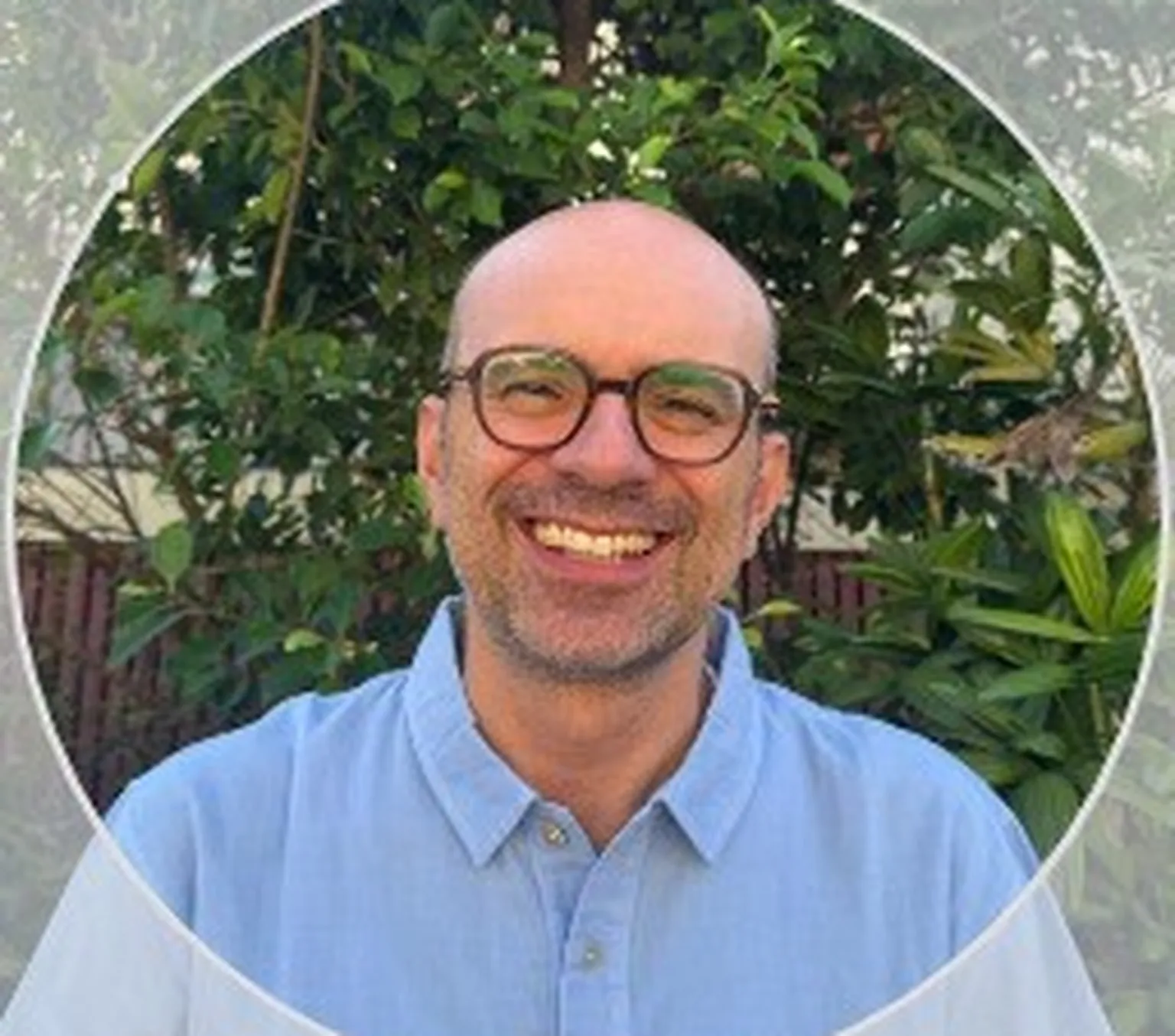Innovations Against Poverty (IAP) Challenge Fund
Cambodia,Ethiopia,Uganda,Zambia,Bangladesh,
ongoing

Business solutions that fight poverty. We invest in inclusive, innovative businesses that empower low-income communities as customers, suppliers, employees, and partners.
Innovations Against Poverty (IAP) is a specialised fund that supports innovative, inclusive businesses in lower-middle-income countries. This program, supported by the Swedish International Development Cooperation Agency (SIDA), integrates grant funding with customised technical assistance and investment readiness support to enhance market-based solutions that elevate the lives and livelihoods of people living in poverty.
Our approach
Despite advancements in poverty reduction, 4 billion people still survive on less than $8 a day. This underserved population represents a US$5 trillion market opportunity—by thinking creatively, companies can develop models that address social and environmental issues while simultaneously maximising their competitiveness and profitability. This presents unique challenges, and that’s where IAP comes in.
The project centres on businesses caught in the "missing middle”—too large for microfinance, yet too small for traditional commercial investment. IAP is a risk-sharing mechanism to mitigate risks associated with investments in these models and stimulate broader private sector development.
By leveraging our in-country presence and robust local networks, IAP assists businesses targeting low-income markets in building their capacity to scale, with a strong emphasis on women’s economic empowerment, environmental sustainability, and financial inclusion. The project supports initiatives across various sectors and themes: Agriculture and Food Security; Nutrition; Clean Energy; Water; and Climate Adaptation & Mitigation.
IAP’s approach, refined over multiple funding rounds, offers:
Up to €200,000 in co-financed grants.
A streamlined, business-friendly application process.
Tailored advisory support, including go-to-market strategies, and guidance on gender sustainability.
Hands-on mentorship and investment readiness services
Inclusive businesses are commercially viable enterprises that intentionally engage people living in poverty as consumers, suppliers, distributors, or employees. These models broaden access to essential goods and services, create opportunities for income generation, and tackle poverty through sustainable, scalable business solutions.
Impact from previous funding rounds
Over 2 million people have improved access to basic goods and services.
Over 700,000 people have increased income or cost savings.
Nearly 37,000 tonnes of CO2-EQ were avoided and reduced.
Over €22.4 million in increased sales revenue for the supported companies.
Over €32 million in additional funding leveraged by supported companies.
92% of customers served by supported companies reported an improved quality of life; 83% of customers served by companies reported accessing a particular product or service for the first time.














